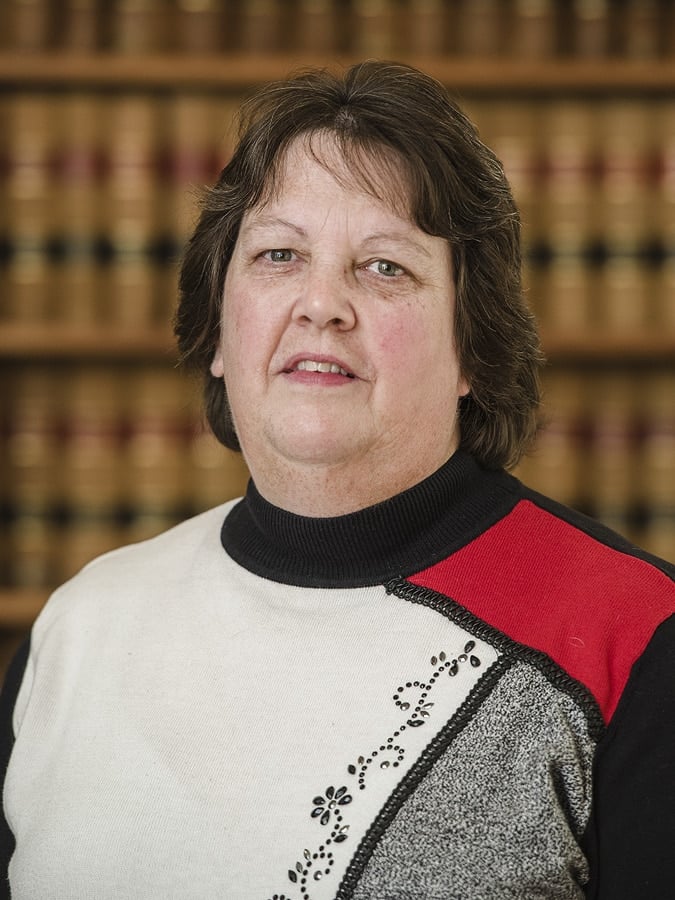Call Us: (540) 722-2181





Powered by Law Firm Marketing Pros
© Copyrights 2022. McCarthy & Akers, PLC. All Rights Reserved.

The information you obtain at this site is not, nor is it intended to be, legal advice. You should consult an attorney for advice regarding your individual situation. Contacting us does not create an attorney-client relationship.